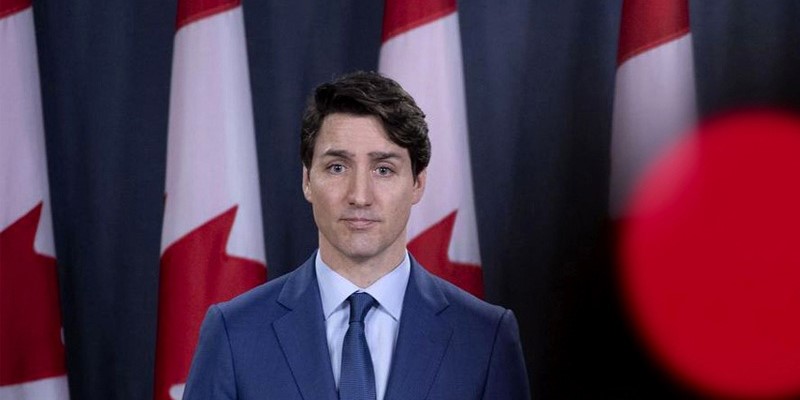Trudeau shatters myth of ‘ideal’ carbon tax

For several decades now, some economists have supported the idea of carbon taxes. An ideal carbon tax, they argue, is uniform across the economy, fuel/technology neutral, in lieu of—not atop of—additional regulations and subsidies, and revenue neutral.
Others, including myself, have argued that such an ideal carbon tax can never be implemented or maintained because of something called “public choice theory,” which holds that policymakers are not neutral, objective, dispassionate problem-solvers but rather self-interested agents who will enact policies primarily to advance their political interests, which guarantees corruption of “ideal” policies. If one understands public choice theory, one must understand that the ideal carbon tax is a myth, which would not survive its first contact with real-world political actors.
For example, in a 2017 study, I showed that none of Canada’s provincial carbon taxes were implemented in anything close to the ideal form (with the exception of British Columbia’s carbon tax, for its first few years). Still, many economists embraced the federal carbon tax, sure in the possibility of realizing the ideal form.
But last month, Prime Minister Trudeau elegantly ended the debate about the potential for ideal carbon taxes to survive in the political wilds and announced his government would postpone an expansion of his signature carbon tax. As you’ve probably heard, the government will suspend the tax on heating fuel used primarily in Atlantic Canada and provide additional subsidies to Atlantic Canadians by doubling the rural carbon tax rebate to help them switch from heating with oil to electric heat pumps.
This is a three-way violation of the “ideal carbon tax” concept beloved by some economists. Trudeau has made the federal carbon tax non-uniform, ended technological neutrality and—by exempting a swath of emissions—made it less efficient and effective. Again, in a political world, political self-interest will always lead to the corruption of ideal regulatory or tax regimens. Even the University of Calgary’s Trevor Tombe, a diehard fan of the carbon tax, now suggests it might be the beginning of the end for the entire idea of carbon taxes. The carbon tax is dead, he writes. Or at least, its days may be numbered.
Of course, Atlantic Canadians get a sweet deal—a three-year tax moratorium and more money in their pockets for heating equipment changes. On the other hand, the Prairie provinces once again receive the back of the prime minister’s hand, cementing (not that it needs much cementing) the perception that he dislikes the Prairies and seeks to punish them for having the temerity to resist his efforts to loot them of natural resource revenues and provincial sovereignty. Not only will Prairie folk not get a break on carbon taxes on their heating fuel (primarily natural gas) but they also won’t get increased rebate cheques to help them transition to lower-emission forms of heating and cooling.
Prime Minister Trudeau’s move to pervert the federal carbon tax even farther from the economically ideal model proves yet again that such ideal forms are always inherently doomed to corruption by the political process. The harmful impacts of a carbon tax, unmitigated by those various “ideal” caveats, is landing on the pocketbooks of the public, and one suspects the prime minister knows it. He should consider stealing an issue from his leading political rival and take an axe to the tax he created, rather than leave that chore to his successor.
Author:
Subscribe to the Fraser Institute
Get the latest news from the Fraser Institute on the latest research studies, news and events.

